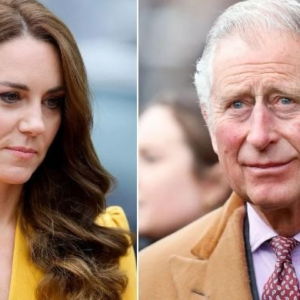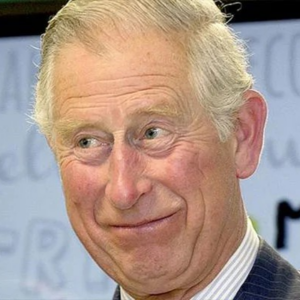In a recent speech at his golf course in Rancho Palos Verdes, California, former President Donald Trump stirred controversy with a series of troubling remarks and erratic behavior. Throughout the address, he exhibited signs of being unhinged, often appearing to “glitch” as he spoke. One particularly odd moment was his critique of ABC moderator David Muir, where he made a petty jab about Muir’s hair, claiming, “He has good hair but not as good as he had five years ago.” This comment set a tone that was both defensive and self-aggrandizing.

Trump’s fixation on media narratives was evident as he praised Fox News personalities like Sean Hannity and Laura Ingraham for their favorable coverage of his recent debate performance. However, many commentators noted that these figures often retract their praise after fact-checking, casting doubt on Trump’s claims of widespread support.
A significant portion of Trump’s speech focused on his controversial remarks about Haitian migrants. He reiterated false claims that these migrants were engaging in heinous acts, such as eating pets, despite these assertions being debunked by local authorities, including the Republican governor and police chief of Springfield, Ohio. When a reporter challenged him on these lies, Trump deflected, insisting that the real threat lay in the influx of illegal migrants at the border. This pattern of misinformation has become a hallmark of Trump’s public appearances, and this speech was no exception.
Trump also defended his association with controversial figure Laura Loomer, a known conspiracy theorist. When asked about Loomer’s inflammatory remarks, Trump described her as a “free spirit” and distanced himself from her statements, claiming he didn’t know what she had said. This response raised further questions about his judgment and the company he keeps.
As the speech continued, Trump became increasingly defensive when discussing his debate performance. He insisted that most of his Republican allies praised him, despite some voices within the party expressing disappointment. He claimed that 94% of Republicans thought he performed well, a statistic that seemed inflated given the mixed reviews from political analysts.
In a bizarre twist, Trump shifted focus to his golf course, boasting about its success and claiming, “I own it. No partners, no mortgage, nothing.” He contrasted his ownership with his criticisms of California’s governance, suggesting that he was sacrificing his business reputation for the sake of his presidential campaign. This juxtaposition of self-promotion and political rhetoric left many scratching their heads.
Throughout his speech, Trump’s language painted a bleak picture of America, claiming it was becoming a “poor, violent third-world refugee camp.” His comments about the state of California were particularly harsh, as he blamed local leaders for what he described as destruction and chaos. This rhetoric, filled with hyperbole, served to rally his base but also alienated many voters who are concerned about the divisive nature of his comments.
In summary, Trump’s speech in California was marked by a blend of erratic behavior, misinformation, and self-promotion. As troubling photos and videos emerged from the event, it became clear that many are questioning not only his rhetoric but also his fitness for leadership. The fallout from this speech continues to resonate, leaving observers to wonder what impact it will have on his campaign moving forward.





